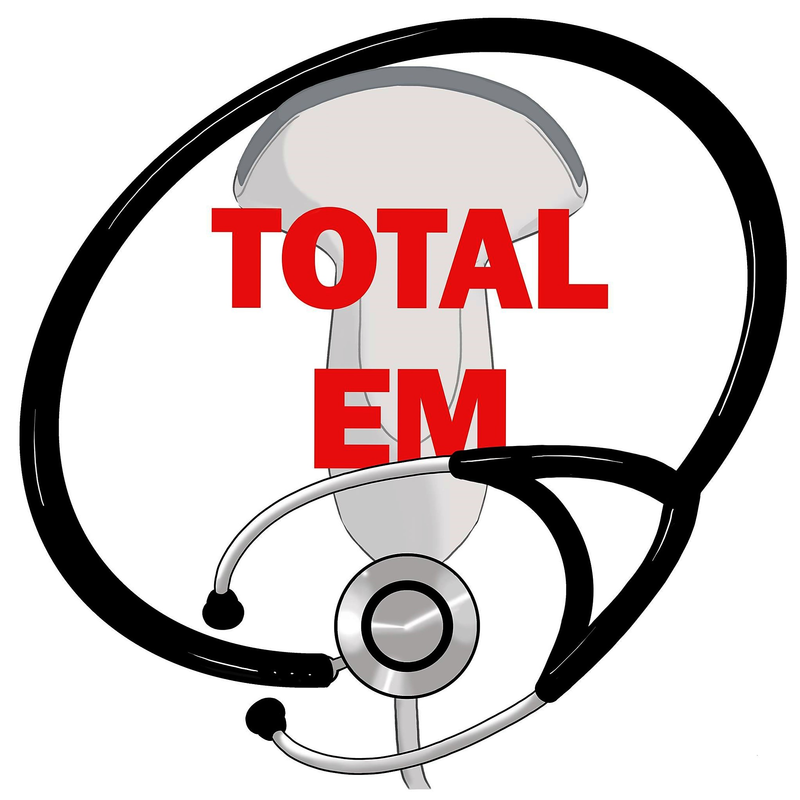|
We had an excellent opportunity that we had to turn into a video podcast. The roundtable discussion is with Weill Cornell Medicine in New York City staff: a physician (Dr. McCarty), a PA (Matt), and a RN (Christina). They cover their ED's response and how each of them took on new roles to better manage patients in this challenging time. Their tips and tricks are worth listening to, especially if you have not yet seen a surge of patients.
As always, it is worth listening to the entire podcast, but here are just some quick highlights:
Let us know what you think by giving us feedback here in the comments section or contacting us on Twitter or Facebook. Remember to look us up on Libsyn and on iTunes. If you have any questions you can also comment below, email at [email protected], or send a message from the page. We hope to talk to everyone again soon. Until then, continue to provide total care everywhere.
2 Comments
3/16/2021 01:20:39 pm
I thought it was interesting when you talked about how medical services need to have a good triage system in order to make sure that people get good care. It seems like it would be important to make sure that processes get created in a proper manner when setting up a medical service. It seems like it would be a good idea to work with some kind of consulting service in order to make sure that a proper triage system is created.
Reply
Leave a Reply. |
Libsyn and iTunesWe are now on Libsyn and iTunes for your listening pleasure! Archives
August 2022
Categories |


 RSS Feed
RSS Feed